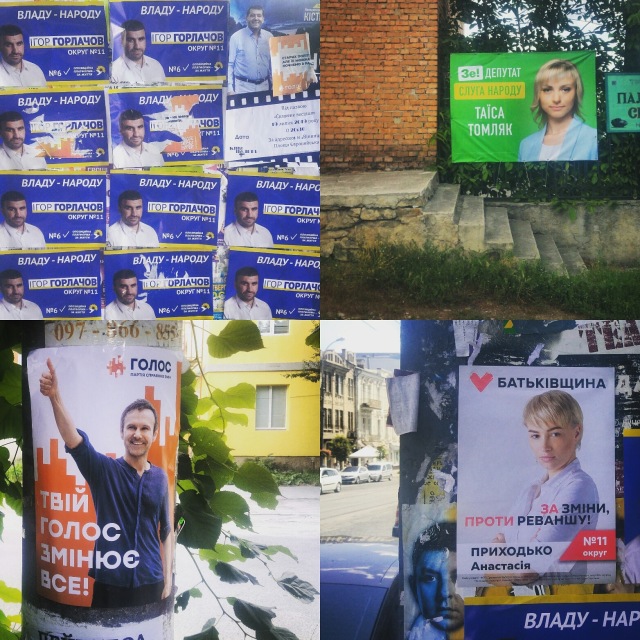Our Chair, Sir John Holmes, has reflected on the findings of the Commission’s major study of the December 2018 electoral registers in Great Britain and Northern Ireland.
The UK’s 372 electoral registers are the cornerstone of our democracy. You have to be on a register before you can exercise your right to vote. Yet millions of people remain incorrectly registered, or are not registered at all. This should not be acceptable in a modern democracy.
Today the Electoral Commission has published its latest report on the quality of the electoral registers in the UK, the first such study since 2015. It shows that the system is far from working as effectively as it should, despite heroic efforts from Electoral Registration Officers. Around 17% of eligible voters in Great Britain are not correctly registered at their current address, representing as many as 9.4 million people. In Northern Ireland, 1 in 4 eligible voters – as many as 430,000 people – are not correctly registered. Meanwhile more than 1 in 10 of current entries on the registers is inaccurate.
Within these figures, young people, recent home movers and private renters are much less likely to be registered. The rate among 18-34 year olds in Great Britain is only 71%, compared to 94% of those over 65. People who have lived at their address for up to a year or between one and two years are significantly less likely to be correctly registered (36% and 71% completeness) than those who have lived at their address for longer (92% among those resident 16 years or more). And just 58% of private renters in Great Britain have up-to-date register entries, compared to 91% of those who own their homes outright.
These figures do not deviate significantly from previous surveys, but that does not stop them being shocking, especially in the digital age. They should be a call to action for all concerned.
Currently steps are being taken to improve the annual canvass by Electoral Registration Officers, traditionally the main method of identifying new electors or changes of address. This is welcome. Greater use of national data should help identify home movement, enabling resources to be directed to properties where updates to the electoral register are really required.
But this yearly audit of residential properties is costly and inefficient and is delivering declining results. The failure to improve registration levels despite previous reforms to the current system shows that we need a new approach.
At the Electoral Commission we believe that the future lies in going further, towards much more innovative use of national data already available, for the benefit of voters and the legitimacy of our democracy.
In July we published feasibility studies examining the potential for this kind of reform: giving local registration officers access to data from other public service providers; integrating electoral registration into other public service transactions; and moving towards automatic or at least more automated forms of registration.
If registration officers have access to data about people who have recently moved, this would allow contact with them directly at their new address to encourage them to register to vote. Integrating electoral registration applications into other transactions, for example applying for or renewing driving licences, could make it easier for individuals to keep their registration details accurate; young people soon to reach voting age could be registered automatically when they are allocated their National Insurance number ahead of their 16th birthday.
Our research shows that such reforms could be implemented without radically altering the structure of the electoral registration system in the UK. In particular, technology already employed by the Government – that which allows citizens living in the UK to register to vote online – could form the building blocks for the majority of the reforms.
There is real potential to make electoral registration easier for everyone and to tackle under-registration. What is needed is political will to make it happen. As another UK general election looms, rapid action to improve the accuracy and completeness of our electoral registers should be a priority, not a footnote.
Find out more about the accuracy and completeness of the electoral registers on the Electoral Commission’s website.






